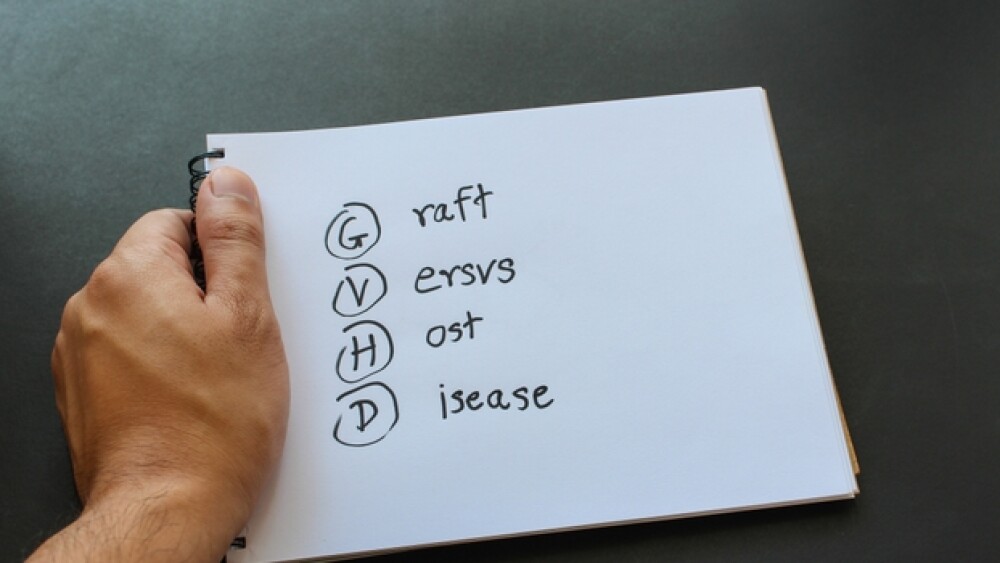Orca-T demonstrated significantly higher graft-versus-host disease-free, relapse-free survival (GRFS) rates compared to patients who received standard of care.
Orca-T showed positive pool results against GvHD.
Orca Bio, a clinical-stage biotechnology company co-founded by current CEO Ivan Dimov along with Jeroen Bekaert and Nate Fernhoff, is involved in the development of purified, high-precision cell therapies for the treatment of cancer, autoimmune diseases and genetic blood disorders. Ever since its inception, Orca has been working on simplifying bone-marrow therapy and associated complications to help treat patients living with terminal cancers.
Orca announced positive pooled results from the single-center Phase II and multi-center Phase Ib trials for lead investigational therapy, Orca-T, at the American Society of Hematology (ASH) annual meeting on Saturday.
Bone marrow transplant is a common form of cell therapy for the treatment of terminal cancer. In a typical case of bone marrow transplant (apheresis), blood, after being separated into its different components from a fully-matched donor, is infused into the patient after conditioning them. The ultimate endpoint is to reboot a patient’s blood-forming systems. But, this process can result in graft versus host disease (GvHD), which occurs when the donor’s immune cells attack the patient’s healthy cells.
Acute GvHD is also driven by the number of T cells in the grafts. Though T-cell–depleted grafts can be used to reduce the risk of GvHD, they are associated with a substantial risk that single-agent prophylaxis cannot overcome and often necessitate multiple lines of therapy.
Role of Orca-T
This is where Orca-T, which employs myeloablative conditioning with single-agent post-treatment tacrolimus and no methotrexate, comes into the picture. The therapy has received Regenerative Medicine Advanced Therapy (RMAT) designation from the U.S. Food and Drug Administration and is currently being studied as a treatment across multiple hematologic malignancies.
The data presented were obtained from 109 patients with acute myeloid leukemia, acute lymphocytic leukemia, myelodysplastic syndromes, myelofibrosis and other hematological malignancies with at least 90 days of follow-up. A contemporary, propensity-matched cohort of 95 matched patients undergoing standard of care (SOC) allogeneic hematopoietic stem cell transplant (alloHSCT) served as a comparison.
Orca-T demonstrated significantly higher graft-versus-host disease-free, relapse-free survival (GRFS) rates compared to patients who received standard of care. Patients receiving Orca-T had a GRFS of 74% compared to 34% in the SOC cohort. Orca-T also showed a 40% advantage (3% vs. 43%) in lowering rates of moderate-to-severe chronic GVHD one-year post-transplant. The therapy led to higher overall survival rates at 90% vs. 78% in the SOC arm, and rates of chronic-GvHD-free survival were nearly doubled.
In the words of Dimov, “The lower rates of graft versus host disease and improved relapse-free survival suggest Orca-T has the potential to become a safer and more effective treatment option for patients living with serious blood cancers. We are further encouraged by the validation of our platform as we advance Orca-T into our pivotal Phase 3 trial, a significant step toward potential commercialization and, most importantly, to helping more patients in need.”





